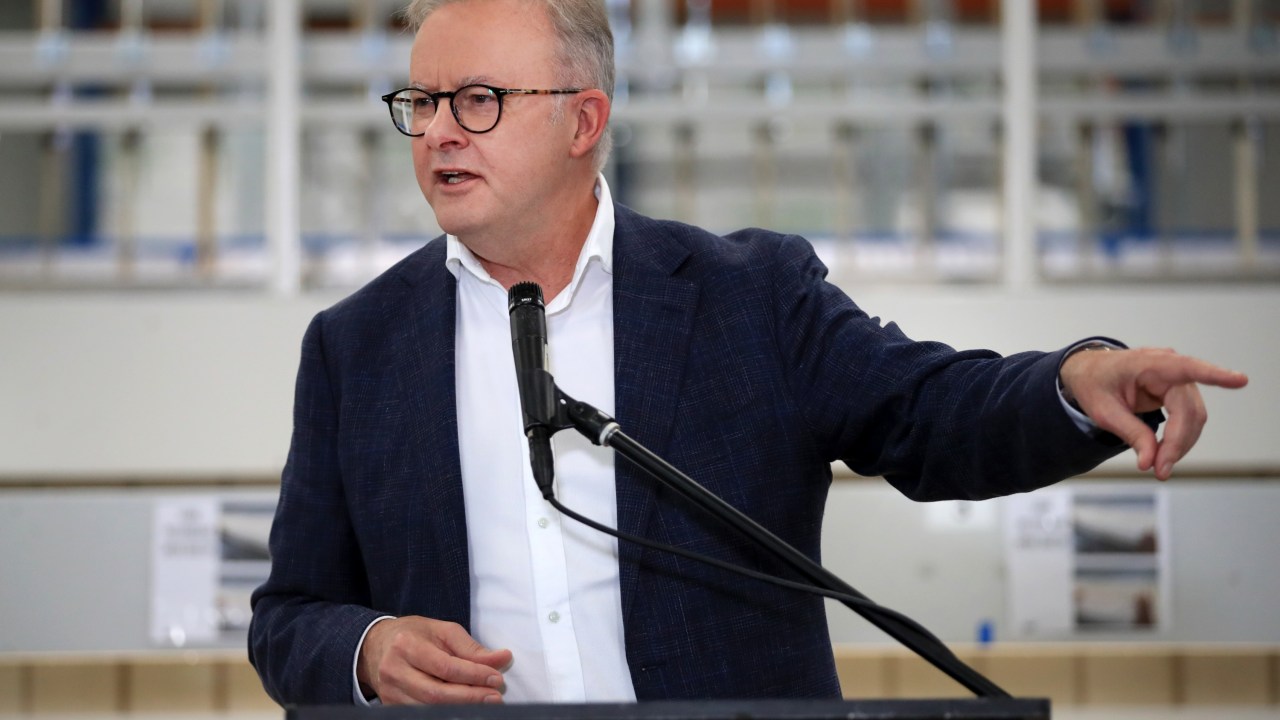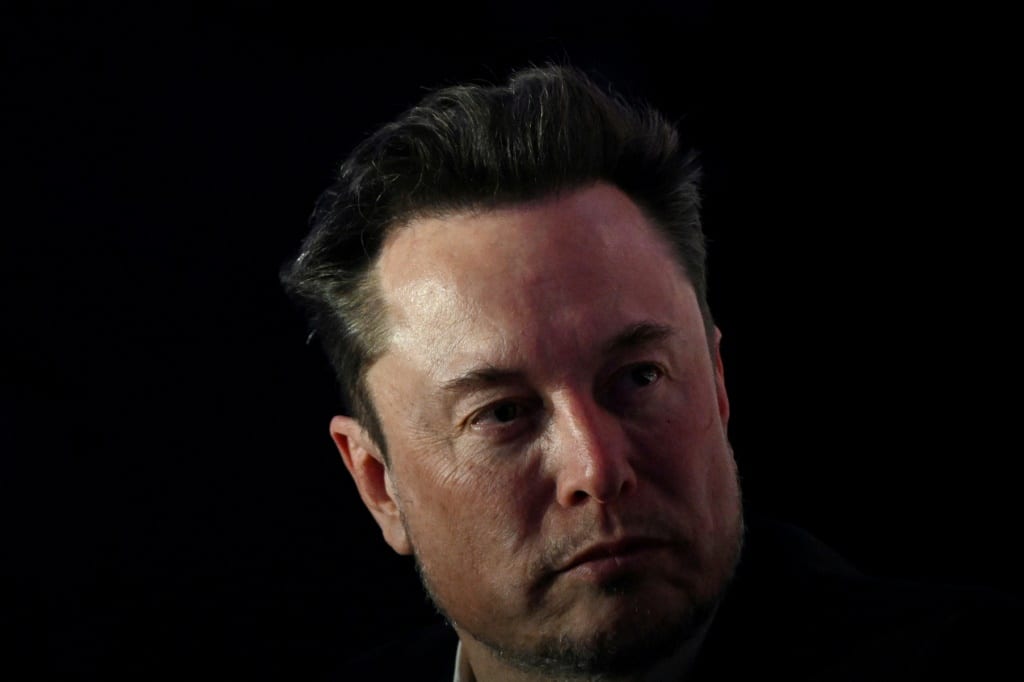




Australian Prime Minister Anthony Albanese has entered into a public dispute with Elon Musk over the Sydney church stabbing, using it as an opportunity to advance his censorship agenda. The conflict began when Musk refused to remove footage of the church stabbing from his social media platform X. Albanese and his colleagues have accused Musk of promoting violence and have resorted to name-calling, referring to him as an 'egotistical billionaire' and a 'narcissistic billionaire'. They have attempted to connect the issue to 'misinformation and disinformation' and their ultimate goal of controlling speech. Albanese has also expressed dissatisfaction with memes of himself circulating on social media. In contrast, Bishop Emmanuel, the victim of the church stabbing, believes that the footage should remain online [f9702cd0].
Elon Musk's social media platform X is facing a clash with the Australian government over global censorship demands. The eSafety Commissioner of Australia has instructed X, along with Meta (owner of Facebook and Instagram), to remove a video clip of a stabbing from the internet worldwide. However, Musk has only geoblocked the content in Australia, refusing to comply with the demand for global removal. This clash raises concerns about the precedent set by the Australian government's demand and its potential implications for global freedom of speech [796bc649].
The Australian government's motivation behind the demand for global removal appears to be an attempt to control social media platforms and restore censorial authority. The clash between X and the Australian government has sparked a larger discussion about the regulation of misinformation online. Critics argue that the demand for global censorship is authoritarian and infringes on global freedom of speech. They express concerns that other governments may follow suit and demand the obliteration of offensive content, setting a dangerous precedent for online censorship [796bc649].
In addition to the clash over global censorship demands, X is also facing an Australian injunction that requires the removal of videos depicting a church stabbing in Sydney. The eSafety Commission obtained the injunction, and X plans to appeal the decision. While the videos have already been blocked in Australia, they remain accessible to users in other countries. Musk has stated that X will challenge the injunction on the grounds of free speech. Australian Prime Minister Anthony Albanese has criticized Musk, referring to him as an 'arrogant billionaire' who is oblivious to the distress caused by the videos [1e66cfd6].
X has defended its decision to publish the posts showing a bishop in Australia being stabbed during a sermon, stating that they are part of the public discussion and do not promote violence. The eSafety Commissioner ordered X to remove the posts globally, but X has challenged the order on the grounds of 'exorbitant jurisdiction'. The dispute follows an April 15 attack on an Assyrian bishop in Sydney, for which a 16-year-old boy has been charged with terrorist offenses. Police have also charged five associates of the youth with terrorism offenses [04598c58].
The controversy surrounding X's refusal to comply with the Australian government's demands highlights the ongoing debate about the balance between free speech and the regulation of harmful content on social media platforms. It also raises questions about the extent of government control and censorship in the digital age. The clash between X and the Australian government serves as a significant case study in the global struggle to navigate the challenges of online content moderation and freedom of expression [796bc649].
Elon Musk's social media platform X is not only facing controversy in Australia but also in India and Brazil. Authorities in these countries have demanded the removal of harmful content from X, sparking debates over censorship and the role of Musk's business interests. Musk, who describes himself as a 'free speech absolutist,' has defended the right to post content that authorities want to block. The clashes between X and the governments of Australia, India, and Brazil have ignited discussions about the balance between free speech and the regulation of online content [2122da3d].